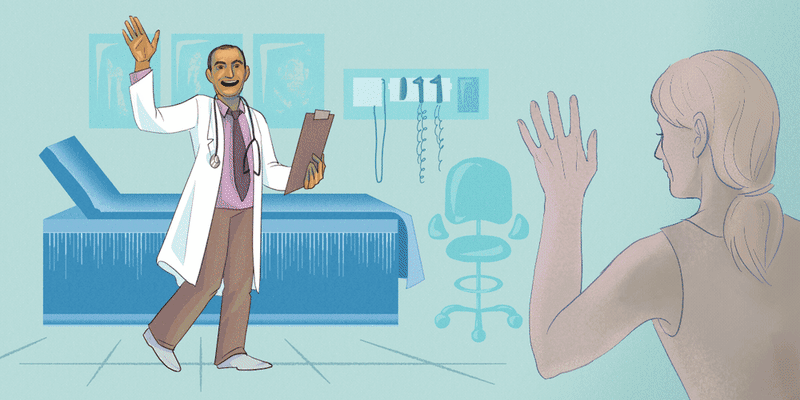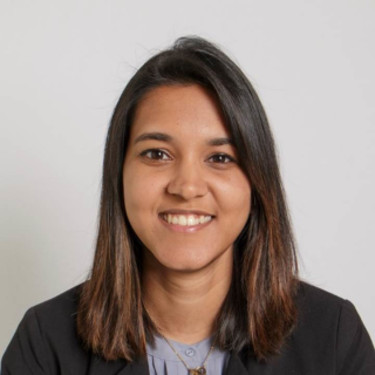We have all seen bad presentations. The ones where the presenter faces the slides instead of the audience. The ones where the speaker reads word for word from a mind-numbing block of text with nonexistent audience engagement and zero eye contact. What do you remember from those presentations? Probably not much. The information in those presentations failed to make an impact on the audience.
You are, however, much more likely to remember those engaging and entertaining presentations from speakers who immediately connect with the audience and fill the room with contagious excitement. Their slides are filled with simple and interesting concepts, and you eagerly listen to the knowledge that is shared. You remember the information not because you took pictures of the slides to refer back to, but because you remember the way it was expressed or the story that came with it.
In this regard, women should work to become strong presenters. While women physicians have demonstrated stronger communication skills with their patients, which has contributed to better health outcomes, there remains a gender gap in the academic world. Women physicians are less likely to publish research compared to men and are underrepresented as speakers at medical conferences. This limits opportunities for women to advance in their medical careers. In a world of medical misinformation, the ability to communicate and educate using our professional voice is more crucial than ever. Throughout my training, I have recognized the impact of strong communication and executive presence skills on my career development as a woman physician.
I admit, it can be difficult to think about career development in the middle of training. Medical school is the equivalent of drinking water from a firehose in regards to how much knowledge you need to acquire. And residency's intense hours can make several other aspects of life more difficult to focus on. But at a conference I attended recently, the presenter talked about how opportunities aren't sitting in a lecture hall, they're happening in the hallway, during the water breaks, or online. I would argue that professional skills such as public speaking, writing, and networking play a substantial role in the success of a woman physician. And incorporating this training early on during medical school and residency can help close the gender gap for physicians throughout their career.
Future women physicians may have had prior experiences in undergraduate studies, or they can acquire public speaking or executive presence skills at conferences. But not everyone has those opportunities. Teaching these skills should become an essential part of medical training for students and residents. Workshops for public speaking, social media, and networking can provide valuable skills that can translate to opportunities for physicians in any stage of their career. Some schools have already incorporated this through extracurricular organizations where students can practice public speaking. My program offers a power hour talk during conference time, where residents have the option to present on any topic of their choosing. They can discuss their latest research project, share unique ways of approaching a diagnosis, or anything they are passionate about. Women in medicine career accelerator tracks, whether created by a group of physicians in a hospital or a larger established organization, can be a great opportunity to practice these skills as well as an avenue to sponsor colleagues and advocate for them to speak at lectures and conferences. Working on a conference committee (for me it was the Women in Medicine Summit) has also helped me network, which has opened doors for research projects and potential job prospects.
Medical knowledge is necessary in medical training. But there are so many secondary skills — such as networking, public speaking, spoken and written communication — that should be integrated into medical training, too. These skills, developed early on in training, can set up trainees for future success, especially for women physicians trying to stand out and make steps toward closing the gender gap in medicine. Medical schools and residency programs need to develop a curriculum for these skills to allow their trainees to stand apart and gain qualifications for their careers while making progress toward gender equity in medicine.
Christina Brown, MD is a PGY2 in the emergency medicine/internal medicine combined program at ChristianaCare in Newark, DE. You can follow her on Twitter @ChristiB_MD.
Image by GoodStudio / Shutterstock







